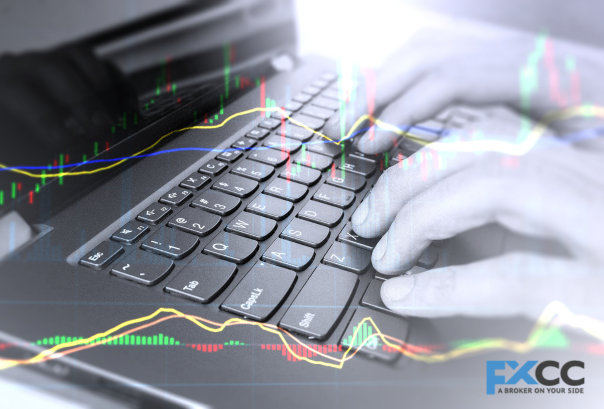In the realm of financial markets, two activities often draw curiosity and speculation: forex trading and gambling. While one is considered a legitimate form of investment, the other carries a stigma of chance and risk. But is there a deeper connection between these seemingly disparate activities? Let’s delve into the intricacies and parallels to uncover the truth.
Introduction to Forex Trading and Gambling
Forex trading, short for foreign exchange trading, involves buying and selling currency pairs with the aim of making a profit from fluctuations in exchange rates. On the other hand, gambling entails placing bets on uncertain outcomes, often in games of chance or events with unpredictable results. At first glance, they may appear worlds apart, but upon closer inspection, parallels emerge.

Understanding Risk and Reward
Forex Trading: In forex trading, risk is inherent. Traders must assess market conditions, analyze economic indicators, and anticipate geopolitical events to make informed decisions. While potential rewards can be significant, so too are the risks, including the possibility of losing invested capital.
Gambling: Similarly, gambling involves risk-taking, where participants wager money on uncertain outcomes in hopes of a favorable result. Whether spinning a roulette wheel or betting on a sports match, the allure of potential winnings often overshadows the inherent risks involved.
Psychology Behind Decision Making
Forex Trading: Successful forex trading requires discipline, patience, and emotional control. Traders must overcome cognitive biases, such as overconfidence or fear of missing out, to make rational decisions based on analysis and strategy.
Gambling: Likewise, gamblers are susceptible to psychological traps, such as chasing losses or succumbing to the excitement of a winning streak. Understanding one’s own behavioral tendencies is crucial in both trading and gambling.
Skill vs. Luck: Debunking Myths
Forex Trading: While luck may play a role in individual trades, consistent success in forex trading is attributed to skill, knowledge, and experience. Analytical abilities, risk management techniques, and the ability to adapt to changing market conditions are paramount.
Gambling: Despite popular belief, skilled gamblers exist in games like poker or blackjack, where strategy and decision-making influence outcomes. However, in games of pure chance like slot machines, luck predominates, making long-term profitability elusive.
Emotional Rollercoaster: Managing Emotions
Forex Trading: Emotions can cloud judgment and lead to impulsive decisions in forex trading. Fear, greed, and anxiety are common emotions experienced during periods of volatility. Implementing strategies to manage emotions, such as setting stop-loss orders or taking breaks, is essential for long-term success.
Gambling: The thrill of gambling can evoke intense emotions, from euphoria to despair, often leading to irrational behavior. Responsible gambling practices, such as setting limits on time and money spent, can help mitigate emotional highs and lows.

Tools of the Trade: Analysis and Strategy
Forex Trading: Forex traders employ various tools and techniques for market analysis, including technical indicators, fundamental analysis, and chart patterns. Developing a robust trading strategy based on thorough analysis is crucial for navigating the complex forex market.
Gambling: Serious gamblers utilize strategies and systems to improve their odds of winning, such as card counting in blackjack or studying horse racing statistics. While luck remains a factor, strategic approaches can tilt the odds slightly in the player’s favor.
Regulatory Oversight: Security and Legitimacy
Forex Trading: The forex market operates within a regulated framework overseen by financial authorities and regulatory bodies. This oversight ensures transparency, integrity, and investor protection, enhancing trust and confidence in the market.
Gambling: Similarly, the gambling industry is subject to regulation and oversight to safeguard consumers and maintain the integrity of games. Licensing authorities enforce regulations to prevent fraud, ensure fair play, and address problem gambling.
Conclusion: Bridging the Gap
In conclusion, while forex trading and gambling share certain similarities, they are fundamentally distinct activities with unique characteristics and objectives. While both involve risk-taking and uncertainty, forex trading is grounded in analysis, strategy, and skill, whereas gambling relies more heavily on chance and luck. By understanding the nuances of each activity and adopting responsible practices, individuals can navigate the financial markets or recreational gaming with greater awareness and confidence.


